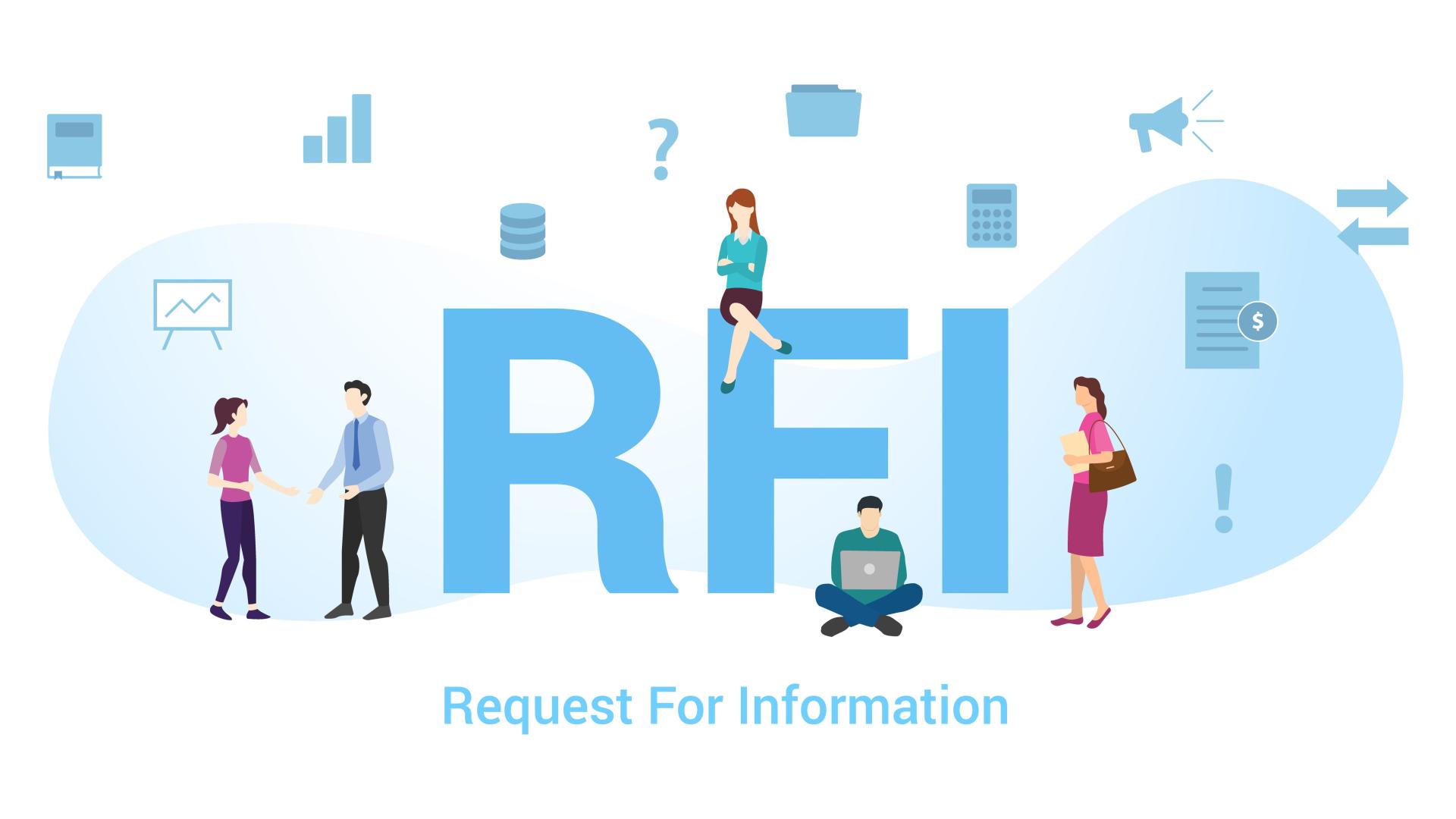Opportunity for suppliers. Request for Information: seeking a suite of learning technologies to construct and connect a One-APS learning technology ecosystem.
Communication
Contents
Latest news

Published
Dr Isabel Hanson illustrates a view of how the public service can learn and adopt practices from another discipline on building its capacity.

Published
The future is looking bright for accountants with the right skills, as organisations expect more strategic input. What skills and knowledge areas are essential for success in 2026 and beyond?
Upcoming events
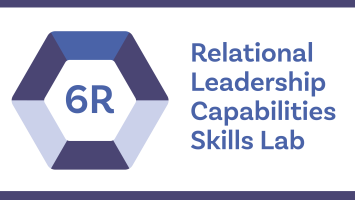
This course is delivered on 17/02/2026, by face-to-face consisting of one 4-hour session.

This course is delivered from 17/02/2026 to 18/02/2026, by face-to-screen consisting of two 3-hour sessions.

This course is delivered on 19/02/2026, by face-to-screen consisting of one 4-hour session.

This course is delivered from 23/02/2026 to 24/02/2026, by face-to-screen consisting of two 3-hour sessions.

This course is delivered from 23/02/2026 to 25/02/2026, by face-to-screen consisting of two 3-hour sessions and on 3.5-hour session.

This course is delivered from 25/02/2026 to 26/02/2026, by face-to-screen consisting of two 3-hour sessions.

This course is delivered from 25/02/2026 to 26/02/2026, by face-to-screen consisting of two 3-hour sessions.

This course is delivered on 26/02/2026, by face-to-face consisting of one 4-hour session.

This course is delivered from 02/03/2026 to 03/03/2026, by face-to-screen consisting of two 3-hour sessions.

This course is delivered on 05/03/2026, by face-to-screen consisting of one 8-hour session.
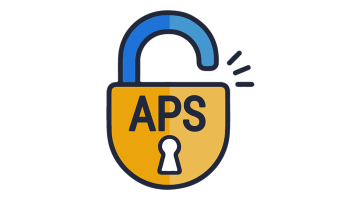
This course is delivered on 05/03/2026, by face-to-screen consisting of one 90-minute session.

This course is delivered from 10/03/2026 to 11/03/2026, by face-to-screen consisting of two 3-hour sessions.

This course is delivered from 10/03/2026 to 11/03/2026, by face-to-screen consisting of two 3-hour sessions.

This course is delivered on 12/03/2026, by face-to-face consisting of one 4-hour session.

This course is delivered from 16/03/2026 to 17/03/2026, by face-to-screen consisting of two 3.5-hour sessions.

This course is delivered from 17/03/2026 to 18/03/2026, by face-to-screen consisting of two 8-hour sessions.

This course is delivered on 17/03/2026, by face-to-screen consisting of one 7-hour session.

This course is delivered from 17/03/2026 to 18/03/2026, by face-to-screen consisting of two 3-hour sessions.

This course is delivered on 18/03/2026, by face-to-screen consisting of one 7-hour session.

This course is delivered from 23/03/2026 to 24/03/2026, by face-to-screen consisting of two 3.5-hour sessions.

This course is delivered from 24/03/2026 to 25/03/2026, face-to-face consisting of 2x 8-hour sessions.

This course is delivered from 25/03/2026 to 26/03/2026, by face-to-screen consisting of two 3-hour sessions.

This course is delivered on 09/04/2026, by face-to-face consisting of one 8-hour session.

This course is delivered on 16/04/2026, by face-to-face consisting of one 4-hour session.

This course is delivered on 16/04/2026, by face-to-screen consisting of one 90-minute session.

This course is delivered on 21/04/2026, by face-to-face consisting of one 7-hour session.

This course is delivered from 21/04/2026 to 22/04/2026, by face-to-screen consisting of two 3-hour sessions.

This course is delivered on 22/04/2026, by face-to-face consisting of one 7-hour session.

This course is delivered on 22/04/2026, by face-to-face consisting of one 4-hour session.

This session shows how small actions inside government shape confidence outside government. Trust depends on calm delivery under pressure, stellar leadership, clear decisions, and steady communication.

This course is delivered from 05/05/2026 to 07/05/2026, by face-to-screen consisting of two 3-hour sessions and on 3.5-hour session.

This course is delivered from 05/05/2026 to 06/05/2026, by face-to-screen consisting of two 3-hour sessions.

This course is delivered from 06/05/2026 to 07/05/2026, by face-to-screen consisting of two 3-hour sessions.

This course is delivered on 07/05/2026, by face-to-screen consisting of one 90-minute session.

This course is delivered from 12/05/2026 to 13/05/2026, by face-to-screen consisting of two 3-hour sessions.

This course is delivered on 14/05/2026, by face-to-screen consisting of one 8-hour session.

This course is delivered on 18/05/2026, by face-to-face consisting of one 8-hour session.

This course is delivered on 19/05/2026, by face-to-face consisting of one 4-hour session.

This course is delivered on 19/05/2026, by face-to-face consisting of one 7-hour session.

This course is delivered on 20/05/2026, by face-to-face consisting of one 8-hour session.

This course is delivered on 20/05/2026, by face-to-face consisting of one 7-hour session.

This course is delivered on 03/06/2026, by face-to-face consisting of one 8-hour session.

This course is delivered on 03/06/2026, by face-to-face consisting of one 7-hour session.

This course is delivered from 04/06/2026 to 05/06/2026, by face-to-screen consisting of two 3.5-hour sessions.

This course is delivered on 10/06/2026, by face-to-face consisting of one 8-hour session.

This course is delivered on 10/06/2026, by face-to-face consisting of one 7-hour session.

This course is delivered on 11/06/2026, by face-to-face consisting of one 4-hour session.

This course is delivered on 11/06/2026, by face-to-screen consisting of one 4-hour session.

This course is delivered on 15/06/2026, by face-to-face consisting of one 8-hour session.

This course is delivered on 18/06/2026, by face-to-screen consisting of one 7-hour session.

This course is delivered from 24/06/2026 to 25/06/2026, by face-to-screen consisting of two 3-hour sessions.
Courses

Leaders who have the skills to foster and maintain meaningful relationships that inspire, empower and support others drive organisational success, as well as psychological and psychosocial safety within their teams.
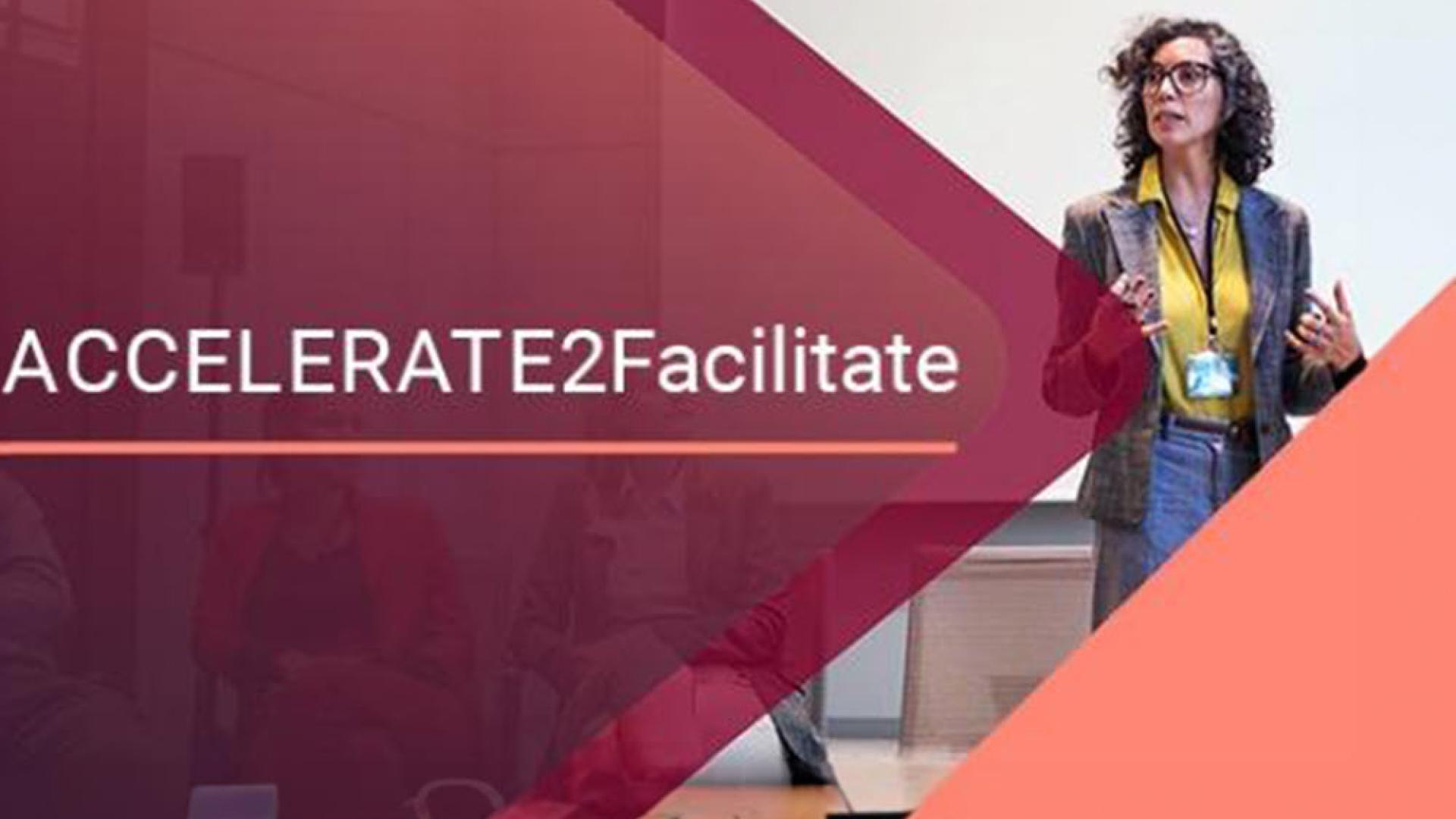
The purpose of this ACCELERATE2Facilitate course is to provide participants with the opportunity to gain valuable skills and knowledge in facilitation techniques when delivering in a virtual environment.
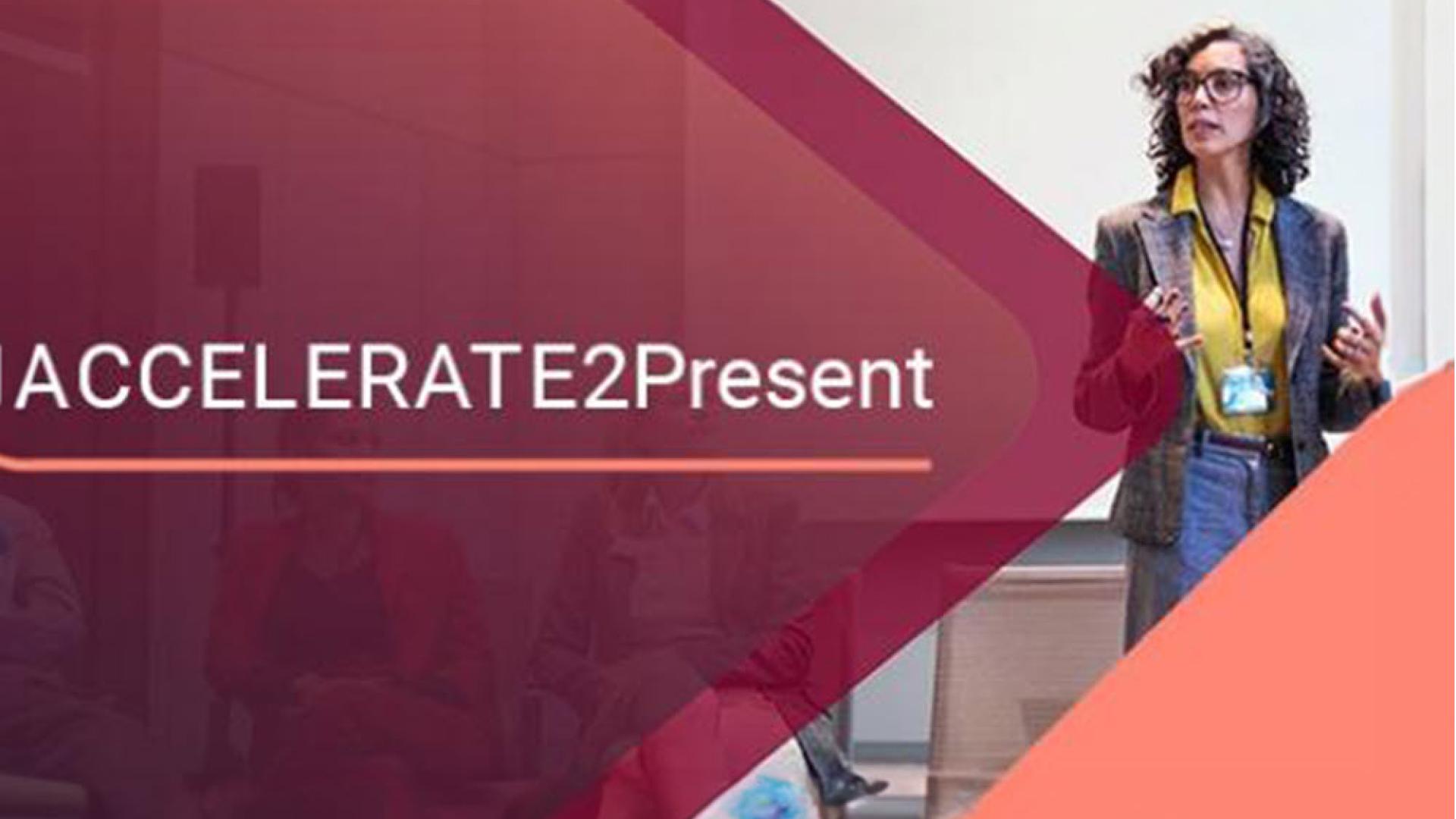
The purpose of this ACCELERATE2Present course is to provide participants with the opportunity to gain valuable skills and knowledge in presentation techniques when delivering in a virtual environment.
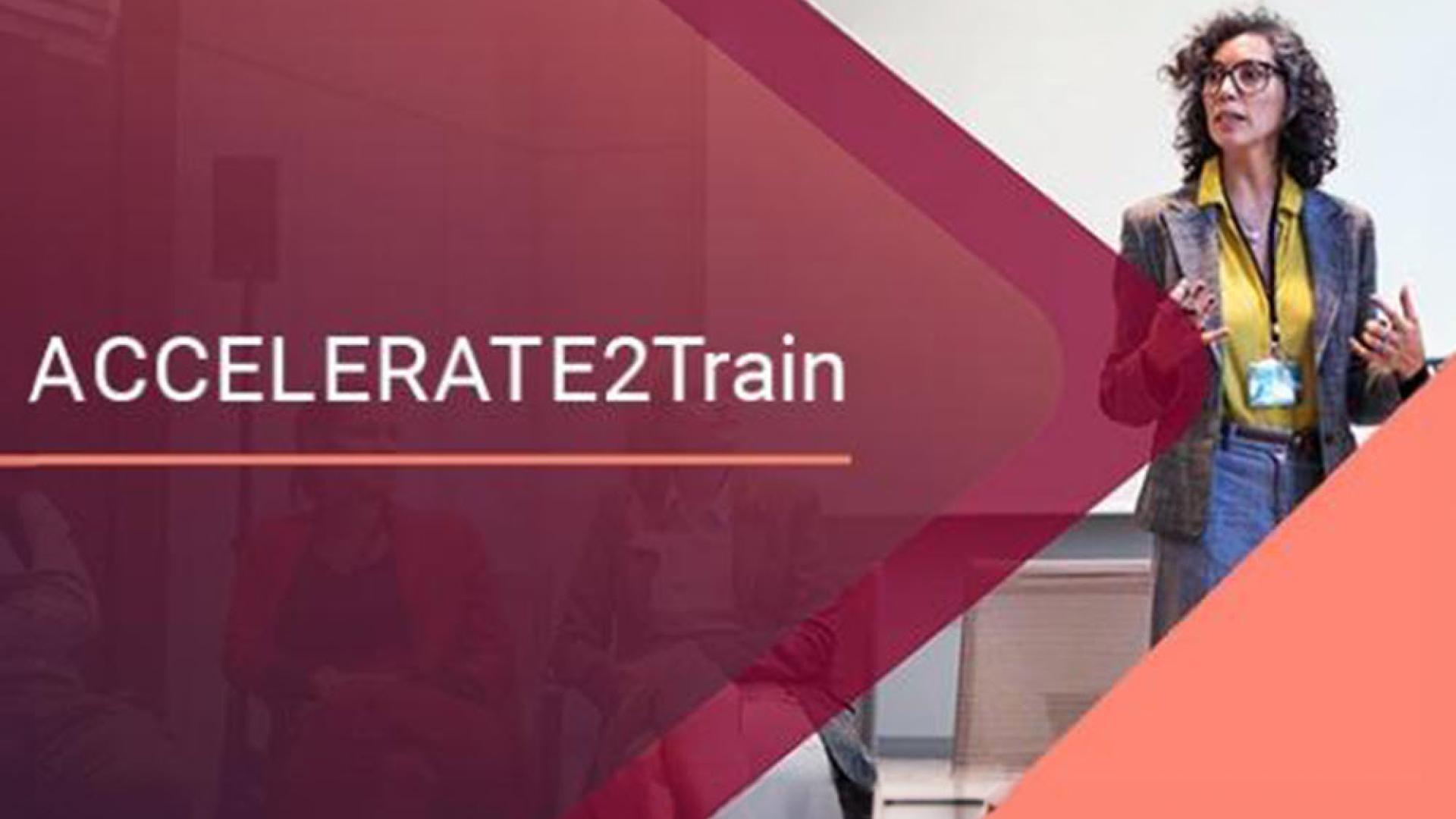
The purpose of this ACCELERATE2Train course is to provide participants with the opportunity to gain valuable skills and knowledge in training techniques when delivering in a virtual environment.

Appearing before parliamentary committees takes an in-depth look at parliamentary committees that scrutinise decisions and the information flow between the APS, the parliament and the public. This program will help you to prepare effectively and communicate information clearly.

During the course we will discuss what diversity and inclusion means in the APS, identify the legislation and policies you need to be aware of and consider how the APS demonstrates its commitment to diversity and inclusion.

This eLearning module is designed to provide useful information for new starters on recognising responsibilities and accountabilities for managing public resources.
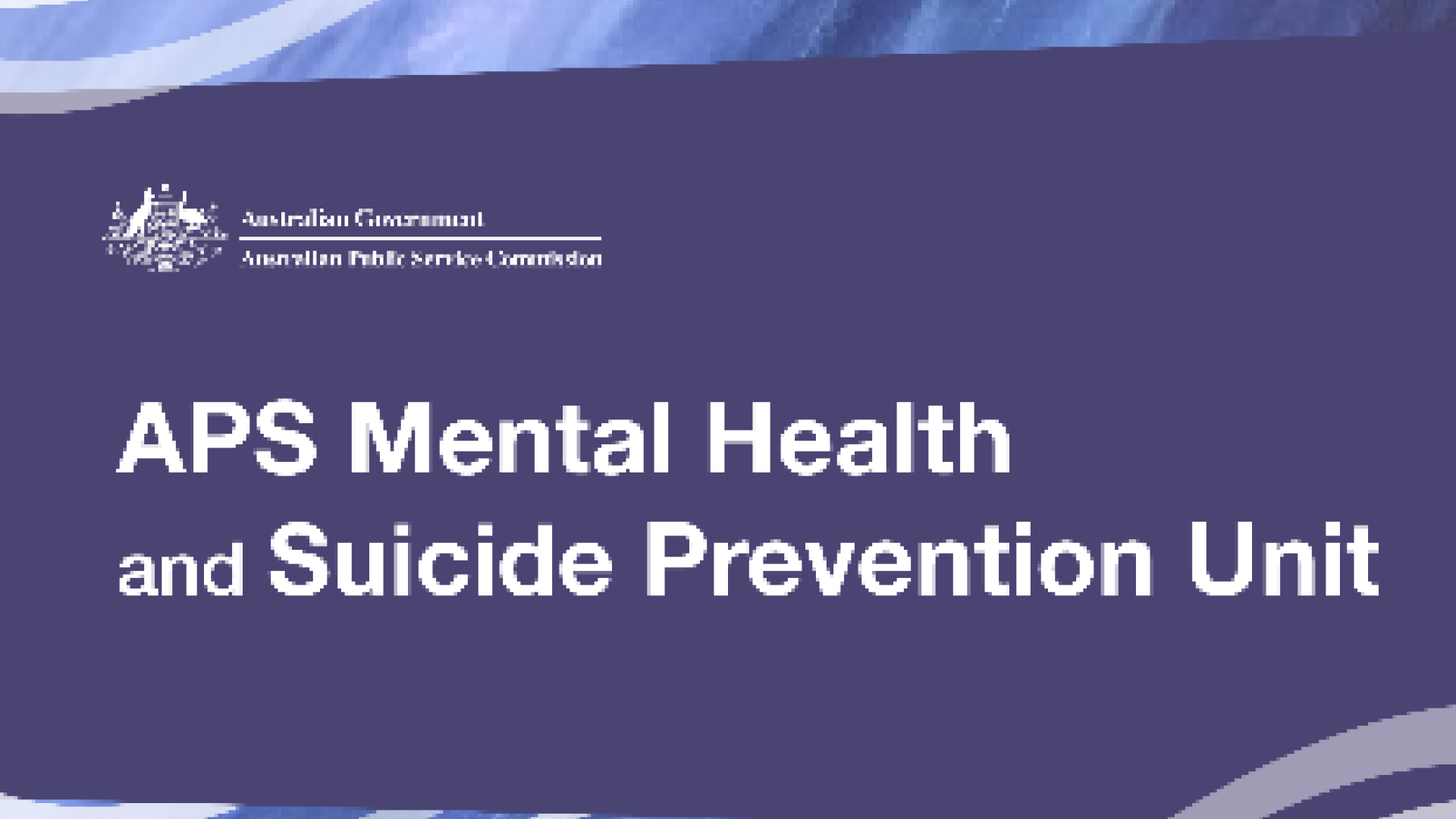
Access practitioner tools, practical guidance, resources and capability programs to align agency practices with the APS Mental Health Capability Framework.

APS Unlocked brings together new and returning members of the APS to engage with experienced APS leaders and practitioners, who will share essential information and tips for a successful and productive career in the APS.

Learn the skills required to design, develop and deliver a briefing. Understand the development and role of question time briefs, ministerial talking points for media engagements, ministerial advisor briefings, hot issues briefings, ministerial submissions and second reading speeches.

The program focuses on developing APS Change Management capability to build the capacity for government to deliver well considered and well-planned change.

The Change Management Practitioner program is an online program offering extension learning to participants who have completed the Change Management Foundation Program.

This course is designed to improve the way APS employees coach and manage others so they can deliver improved outcomes, ultimately resulting in higher APS productivity.
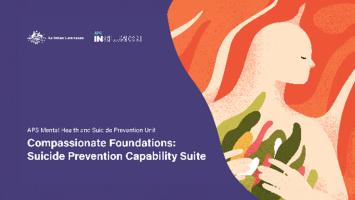
Compassionate Foundations is designed to support you to build your interpersonal and self-care skills to foster positive human-to-human interactions that promote connection and understanding.

This program teaches the skills to respond to workplace and organisational conflict as a manager, including the tools to coach and support others.
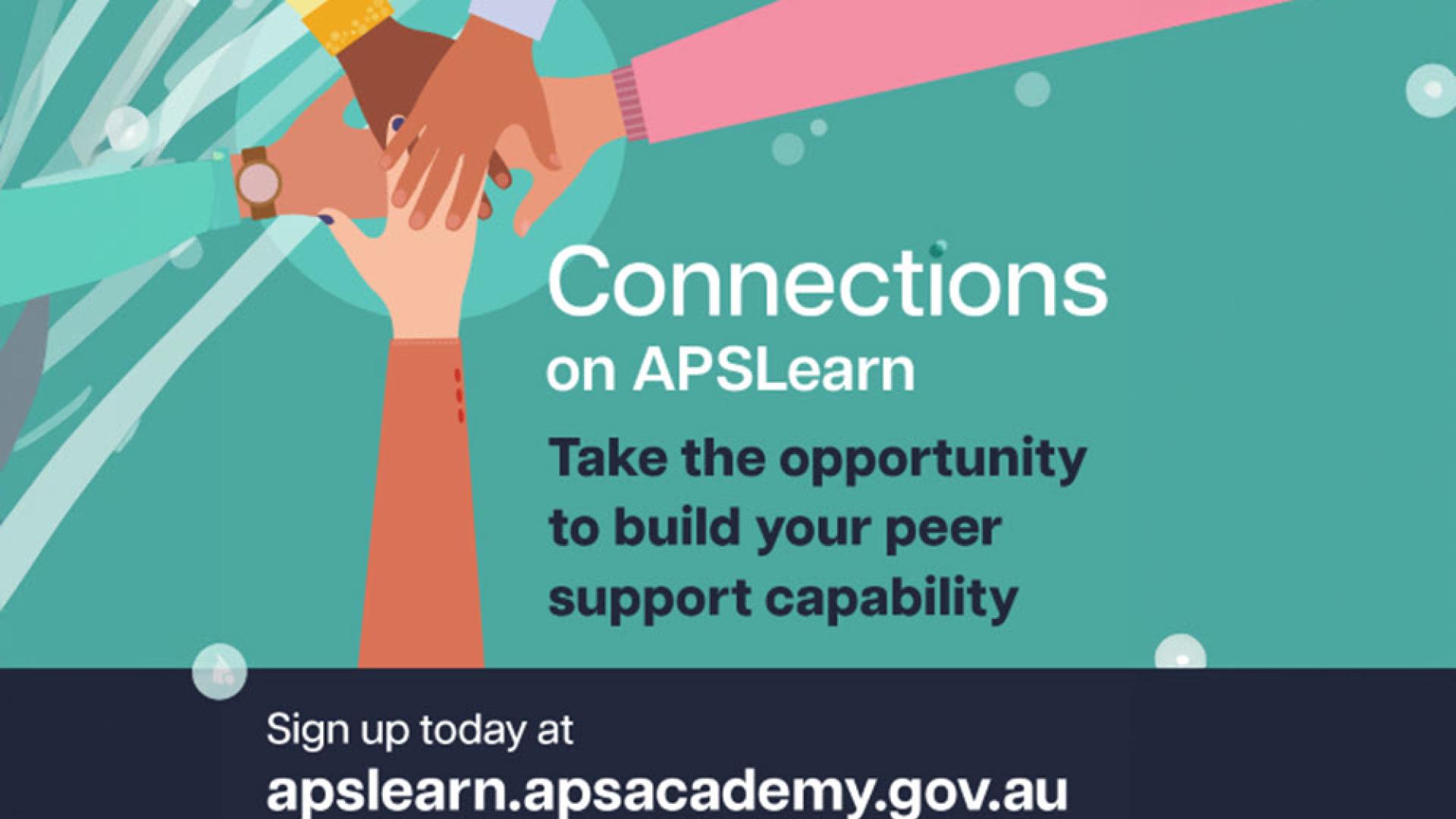
Connections is a key step in your workplace peer support journey, providing you with foundational knowledge and skills for the role.

Interactive course on editing and proofing written text. It includes writing skills, editing and proofing methods. You will be able to enhance documents for correctness and clarity.

All workplaces use communication and our overall job effectiveness is strongly influenced by how well we communicate. Learn how to present information clearly, concisely and in a compelling manner.

The EL2 Leadership Program supports leaders to move beyond their technical expertise and develop essential management and leadership capabilities.

The Empowering Conversations program is designed to build on existing leadership capabilities to support EL 2 staff conversations across a range of relevant contexts.

APS employees who produce routine correspondence, such as emails and letters. Suitable for improving ability to logically sequence information, use appropriate styles and readability.

This course is designed for those who produce documents involving analysis or evidence-based argument. It is suitable for all APS and executive levels who need to improve their analytical writing.

Participants learn how to produce documents which are accurate, clear and consistent with Government style requirements.
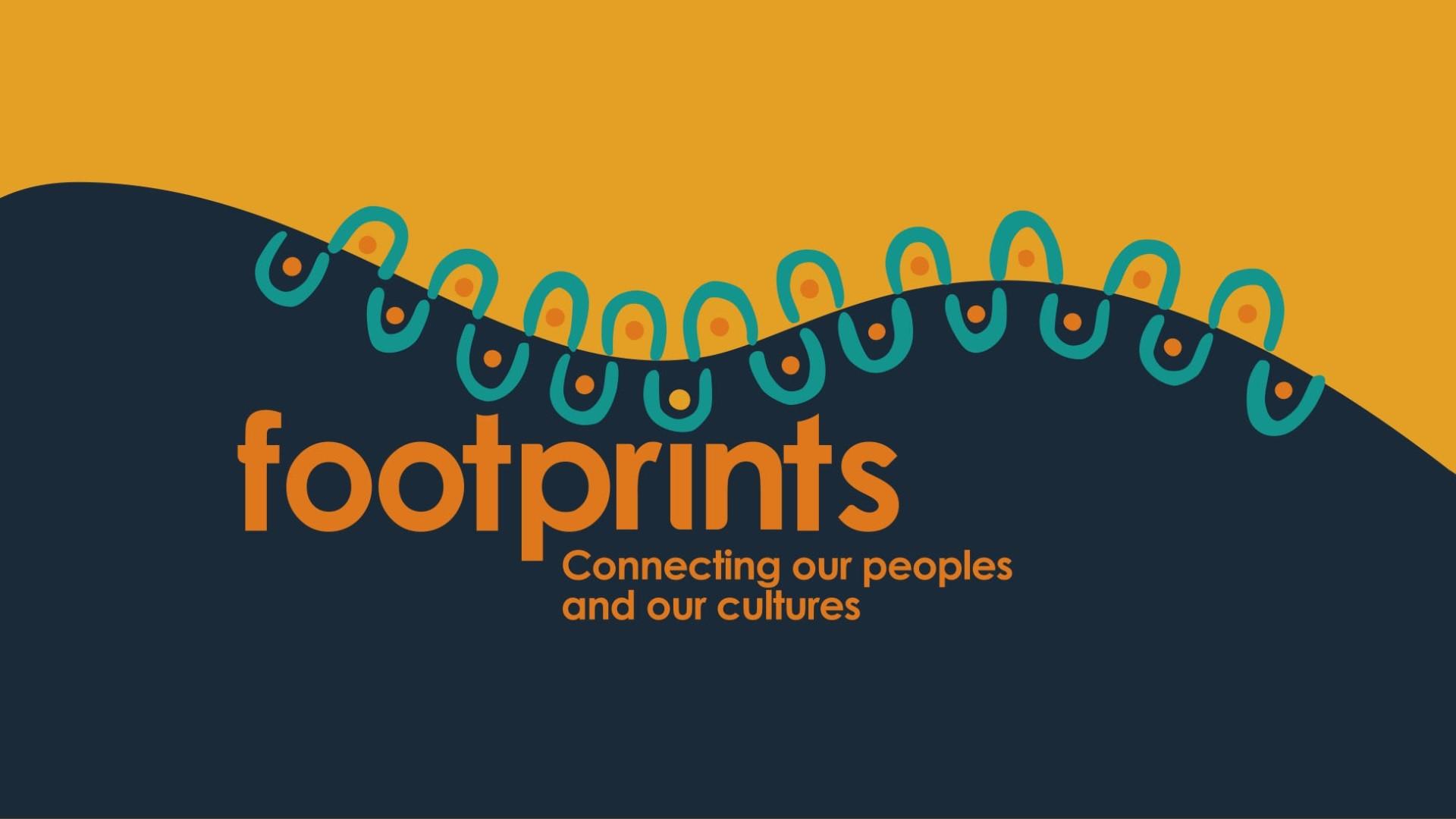
Footprints is a framework that supports APS employees to continually increase and enhance their cross-cultural knowledge and understanding.

Explore aspects of influence and the psychology of persuasion. Understand how verbal and physical language affects interpersonal exchanges, including negotiations, meetings and briefings.

This course examines aspects of influence and persuasion and the negotiation skills essential for managing and leading at the executive level.

The Jawun APS Secondment Program offers secondments with Indigenous regional organisations to highly skilled public servants.

The Multicultural Organisation – Staff Awareness, Innovation and Capability (MOSAIC) digital learning magazine aims to enhance multicultural awareness in the APS.

This learning experience supports APS 6 to Senior Executive Service (SES) leaders to champion cultural diversity and inclusion in their teams and organisations.

Equip yourself with essential cultural capabilities and a deep understanding of Pacific cultures, societies, and economies.

This is a practical and participative course to build confidence in giving presentations. Examine the learning techniques, structures and elements that create and deliver good presentations.

This course covers the role of the secretariat when working in government, teams and stakeholder groups. Examine protocols and learn to coordinate and prepare meeting agendas and other documents.

This course covers the processes for writing reports that adhere to the Commonwealth writing style. Learn to produce documents that have clear scope, are organised and interpret information well.

This four-part workshop series, consisting of two themes, offers SES leaders a deep dive into unconscious bias for organisational change. Supported by follow-up workshops, SES leaders can share personal reflections and action plans.

This program educates Australian Public Service (APS) staff on the SFIA framework and how agencies can use it. It is designed as a series of information sessions.

Learn about the business context of the APS as well as develop skills and share high-value work practices required to effectively provide professional executive assistance.

This course is designed to help improve partnerships with ministers by uplifting the capability of APS staff to engage with ministers and their advisors.

Emails are written more than any other document. It is important to know when an email is the most appropriate form of communication, and how to maximise effectiveness when emailing.
Resources
Tools, guidance and resources to support staff in understanding, valuing and practicing good record keeping - ensuring continued delivery of trusted and transparent services.
Interact, communicate and collaborate through digital technologies while being aware of cultural and generational diversity.
This video from AusIndustry Regional Managers provides practical ‘top tips’ for successful businesses engagement.
A resource for all practitioners in the APS to master engagement with external consultants to achieve value for money and build APS capability.
The Protective Security Policy Framework (PSPF) prescribes what Australian Government entities must do to protect their people, information and resources, both domestically and internationally.
A content strategy sets the foundation for the creation, structure and governance of content. You should apply a content strategy when building new services or redesigning web content, or for big changes such as machinery-of-government updates.
Embed digital by default by promoting and championing digital ways of working.
Identify needs and problems, and resolve conceptual problems and problem situations in digital environments.
Protect devices, content, personal data and privacy in digital environments.
Articulate information needs, to locate and retrieve digital data, information and content.
Create and edit digital content, improve and integrate information and content, and understanding how copyright and licences are to be applied.
This video is recorded from the November APS Academy's Craft Conversations event for Working in Government Craft month in October 2021.
An APS Integrity Hypotheticals – Conflict of Interest panel recording of discussion stemming from scenarios that highlight the grey (and not so grey) areas of Integrity decision making.
The Government writing handbook is a companion to the Australian Government Style Manual with greater focus on the craft of writing.
Use this Allyship toolkit to better understand how to support behavioural change and cultural safety and to address racism and unconscious bias.
A checklist for designing, producing and procuring content that supports accessible quality learning and development in the APS. Included are links to information and free online tools that allow you to check content is compliant with the WCAG standards.
This guidance outlines the requirements of the Directions on Stewardship and provides further interpretation, advice, and case studies on the application of Stewardship.
A video outlining the Caretaker Conventions and providing guidance for APS employees on how to conduct themselves.
The event was focused on pathways to more culturally informed engagement and partnership with First Nations communities and was led by Sam Jeffries with Dr Rachel Bacon.
Services Australia’s Program Practice Frameworks can be used as standalone resources, or as suite of connected products to support staff when managing programs and projects, engaging with stakeholders and conducting analysis. The Frameworks feature focus areas which include a set of guidelines, applied tools, resources and links to other relevant and appropriate materials.
The Style Manual is for everyone who writes, edits or approves Australian Government content. Use it to create clear and consistent content that meets the needs of users.
A ‘how to’ guide to service mapping for system stewards, policy makers and service providers working to improve human services.
The Learning Quality Framework is a principle-based model for assessing, building, procuring and delivering high quality, effective and innovative learning experiences.
Comcare’s evidence-based Good Work Design resources can better support health, wellbeing, work participation and productivity, while creating psychologically safe teams.
The Australian Policy Cycle designed by James Gulliver Hancock provides an easy to follow visual of the key milestones required for best practice government decision making.
The Australian Public Service Commission provides practical tips and tools for engaging with stakeholders, particularly when establishing a taskforce.
The APS Learning Design Manual pulls together some practical principles, examples, useful links, and tools & templates to support designers throughout the learning design process.
The ‘Integrity Good Practice Guide’ includes a range of practical examples of how you can contribute to a pro-integrity culture.
The guide provides practical guidance for people who run activities that target people with disability to design, plan, and deliver more inclusive processes, products, services and policies.
Inspire and support a continuous learning culture with these Continuous Learning conversation prompts.
The Aboriginal and Torres Strait Islander Cultural Capability Framework provides a basis for building the cultural capability of the Commonwealth public sector.
A Psychosocial safety learning bite to support staff understand and contribute to psychological safety in the workplace.
A Psychosocial safety learning bite to support Team Leaders foster and contribute to psychological safety in the workplace.
Martin Seligman presents the ‘PERMA’ model which steps through five elements essential to human wellbeing and flourishing: positive emotions, engagement, relationships, meaning and achievement.
Trauma-informed guidance to accompany the release of 'Set the Standard: Report on the Independent Review into Commonwealth Parliamentary Workplaces'. The Resource outlines trauma such as bullying, sexual harassment and sexual assault and its impacts.
Professor Robert Cialdini developed what he describes as ‘six universal principles of persuasion’. These fundamental human states allow leaders to increase the likelihood of influencing others.
Brene Brown informs leaders how they can give constructive and honest feedback from a place of engagement, rather than judgment. She calls it ‘Sitting on the same side of the table,’ as someone.
In her TED talk, ‘The power of believing that you can improve’ (2014), Carol Dweck discusses the ‘growth mindset’ which leaders can use to build their brain’s capacity to learn and solve problems.
Caroline Webb (2018) discusses the ‘discover-defend axis’ which is a model showing that the brain has two ‘modes’ which shape the way humans interact.
What makes a leader sound compelling - even when delivering bad news? Speaker coach Noah Zandan analysed data on how visionary leaders talk. This TED talk looks at these key elements.
Lisa Lahey (2017) explores how leaders can transcend habitual patterns, and considers how to navigate change and complexity.
In this video, Brené Brown (2013) explains how to create a genuine empathic connection through understanding ourselves and our own fragilities.
The ILS provides capability development guidance for individuals and agencies in the form of descriptions and behaviours for all levels in the Australian Public Service.
Gabriele Oettingen presents the ‘WOOP’ model which is a practical, accessible, evidence based mental strategy that people can use to find and fulfil their wishes and change their habits.




